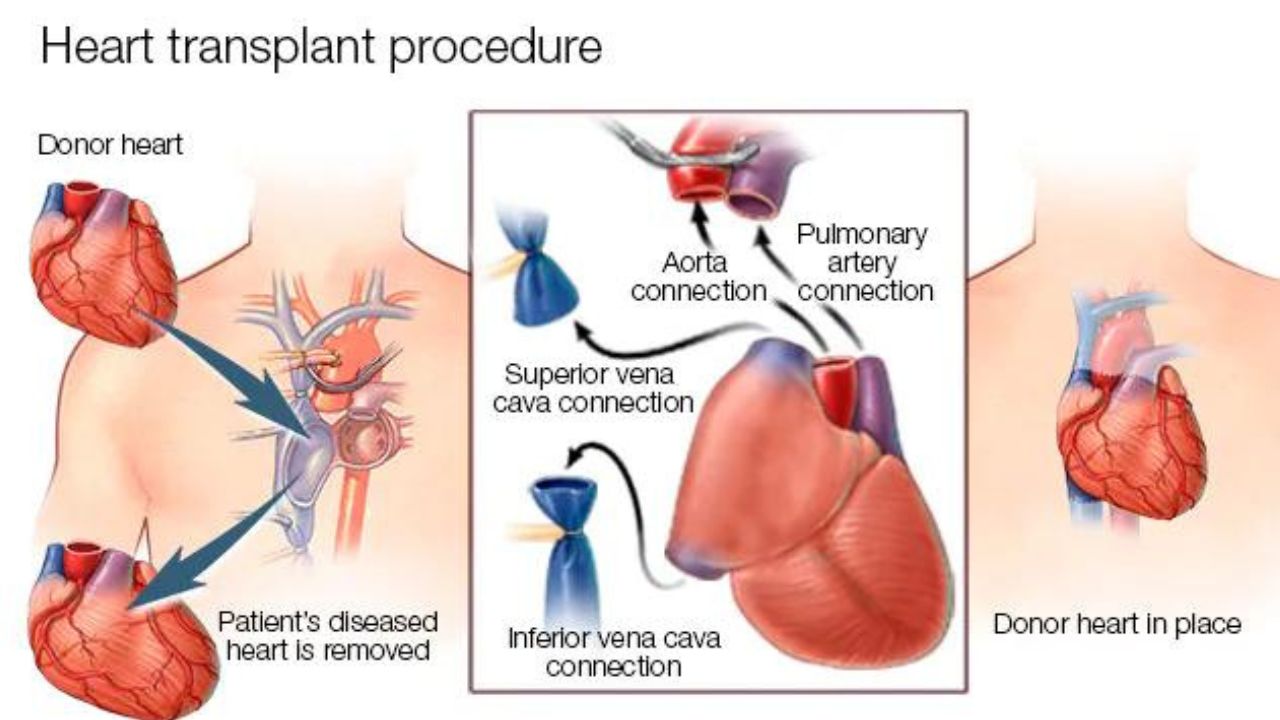Heart Transplant in India: Cost, Procedure, and Benefits
What is a Heart Transplant?: Heart Transplant in India A heart transplant involves replacing a damaged heart with a healthy donor heart. Surgeons recommend this procedure for patients with severe heart disease or end-stage heart failure who have not responded to other treatments. As a highly complex surgery, heart transplants require advanced technology and expertise. Consequently, many patients now choose India for their heart transplant needs due to its excellent medical facilities and skilled surgeons.
Why Choose India for a Heart Transplant?
India stands out as a leading destination for heart transplants because of its advanced medical infrastructure and state-of-the-art technology. For instance, robotic technology allows for a more precise and minimally invasive procedure. This approach not only reduces blood loss and scarring but also shortens the recovery time. Therefore, many patients from around the world are opting for heart transplants in India.
Cost of Heart Transplant in India
In India, the cost of a heart transplant ranges from USD 45,000 to USD 60,000. This range includes pre-transplant evaluations, the surgery, and post-transplant care. However, the final cost can vary based on several factors, including the patient’s specific condition and any additional treatments required. Compared to the US and European countries, costs in India are notably lower. Additionally, expenses for hospital stays and consultations are also more affordable.
Heart Transplant Procedure
Surgeons typically use two techniques for heart transplants:
- Craniotomy: This technique involves drilling holes into the skull to access and replace the damaged heart. Surgeons may temporarily remove a bone flap to improve access. This method is often used for larger or more complex cases.
- Burr Hole Drainage: In this less invasive procedure, surgeons drill a small hole in the skull and insert a drainage tube to remove the blood clot. This technique is generally used for smaller clots or those in less accessible areas.
Robotic Heart Transplants in India
Robotic heart transplant surgery is a minimally invasive option that utilizes advanced robotic technology. Although this method is slightly more expensive than traditional open-heart surgery, it offers enhanced precision and reduced recovery time. Therefore, it is frequently preferred for its accuracy and reduced risk of complications.
Eligibility for Heart Transplant
Several factors influence eligibility for a heart transplant:
- Infection: Active infections may lead to a delay in the transplant.
- Overall Health: Patients must be capable of adhering to post-transplant care to ensure optimal heart health.
- Underlying Conditions: Conditions that could impact life expectancy or recovery might affect eligibility.
- Cancer History: A history of cancer can also influence the decision to proceed with a heart transplant.
Heart Failure and Symptoms
Heart failure is a serious condition characterized by the heart’s inability to pump blood efficiently. It contributes to 36% of global deaths. Common symptoms include difficulty breathing, swelling in the legs, constant fatigue, irregular heartbeats, and abdominal swelling.
Conclusion
Choosing India for your heart transplant offers a high standard of care at a more affordable cost compared to other countries. With access to advanced medical technology and experienced surgeons, India provides an excellent option for those requiring heart transplant surgery. If you have any questions or need further information, our team is here to assist you.





